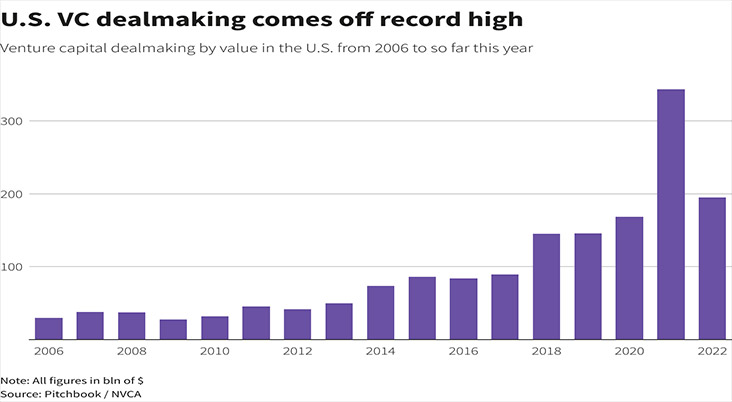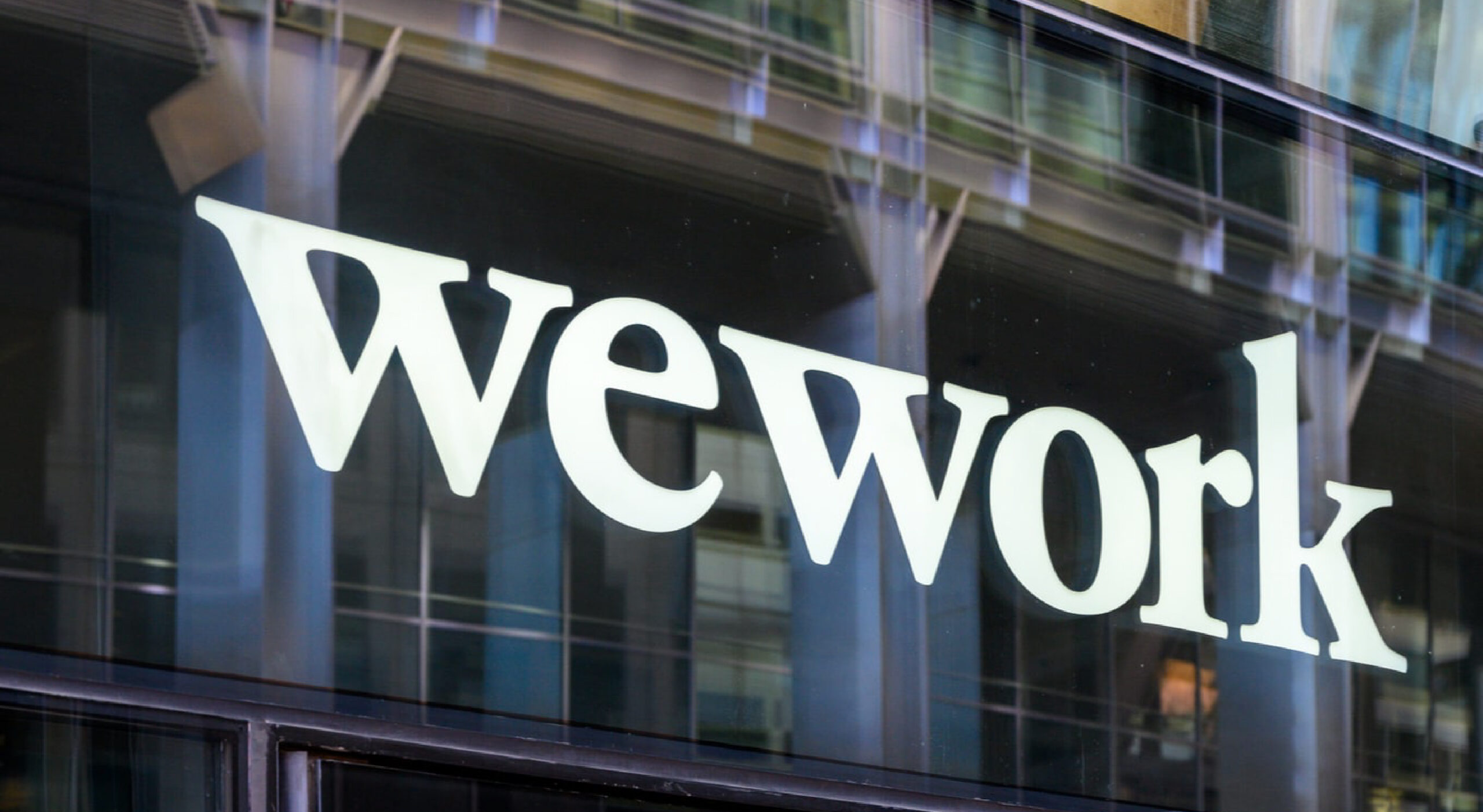Due to volatile markets and valuation concerns, US venture capital firms are avoiding late-stage investments
- ByStartupStory | October 13, 2022

Because it is more difficult to defend greater valuations in the United States’ public markets and underwhelming exit conditions, startups looking for late-stage capital are struggling to find investors.
In the third quarter, U.S. venture capital investments in late-stage projects fell 62% to $24.9 billion, according to a report released on Thursday by PitchBook and the National Venture Capital Association (NVCA).
According to Kyle Stanford, lead VC analyst at Pitchbook, “the late stage is a considerably more perilous market relative to how it has been in the past.” Stanford also noted that companies looking for late-stage capital have been relying much more on public market investors.
The public markets, which have been damaged this year by quickly rising interest rates and geopolitical unrest, are significantly correlated with late-stage dealmaking activity. Companies looking for such deals also have a larger probability of a down round, which makes VC firms be more circumspect.

We should begin to notice an increase of down rounds over the coming six to nine months, according to Stanford.The total value in 2022 is expected to drop below $100 billion for the first time since 2016 due to the lacklustre exit activity.
Despite the fact that seed and early stage investment held up well in the first half of the year, there are indications that the gloomy investor sentiment is already beginning to surface.According to the research, early-stage deals fell 35% to $13.5 billion in the third quarter. They increased 12% throughout the course of the first half of 2022.
In total, $43 billion was invested in VC deals during the third quarter, which is less than half the amount invested during the same period last year when VC firms increased their bets on startups in the tech, biotech, healthcare, and fintech sectors due to excess liquidity and accommodative monetary policy.









